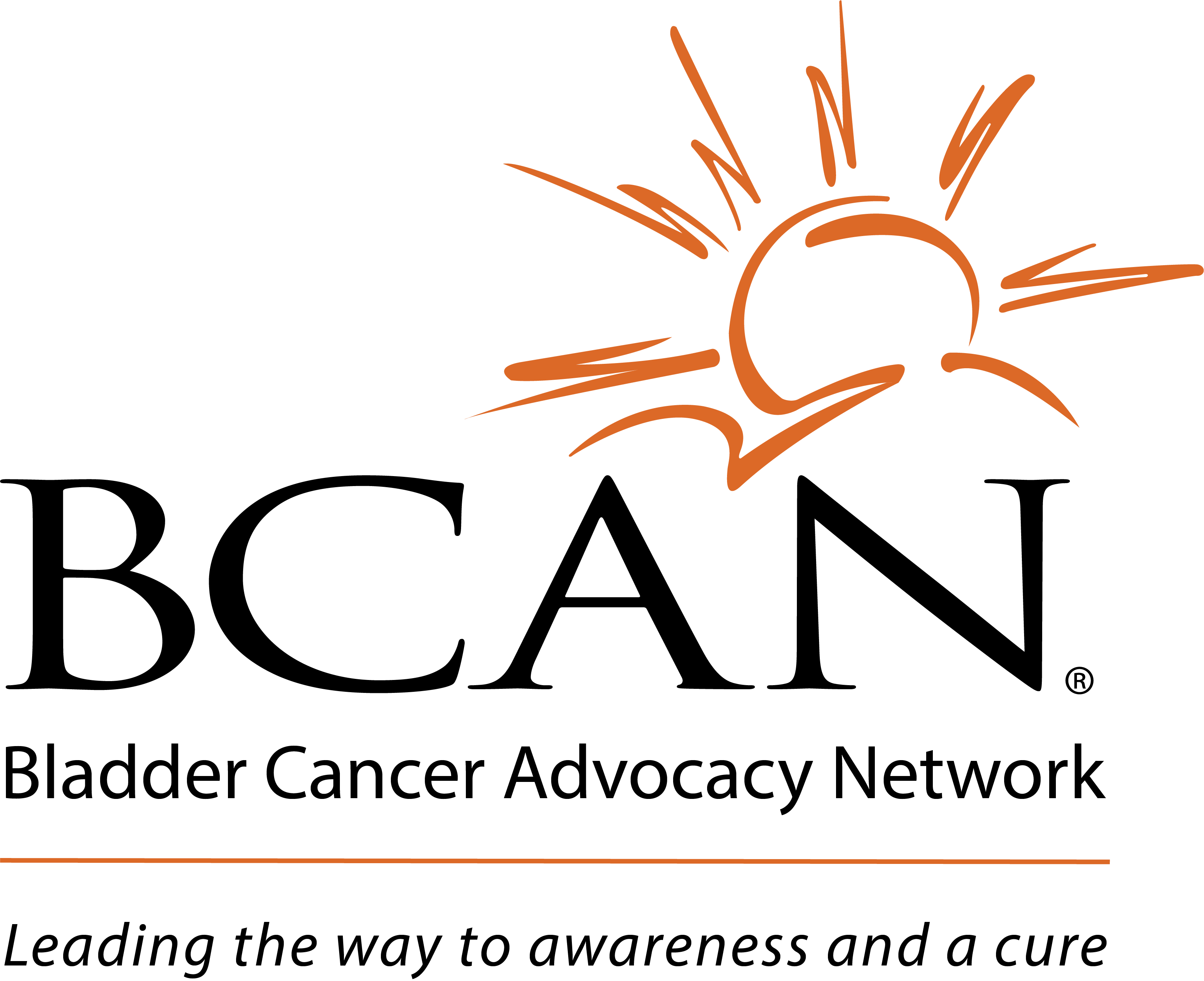
How One Organization is Honoring Bladder Cancer Awareness Month During the COVID-19 Pandemic

Amid the COVID-19 pandemic, the Bladder Cancer Advocacy Network is honoring Bladder Cancer Awareness Month in a slightly different way from previous years.
May is Bladder Cancer Awareness Month, and for one organization, that usually means bringing patients, survivors, caregivers and advocates together across the country in different ways to raise awareness of this disease. But as Diane Zipursky Quale, co-founder of the Bladder Cancer Advocacy Network (BCAN) explained, the celebrations look very different this year, thanks to the COVID-19 pandemic.
CURE® recently spoke with Quale about how the organization has had to pivot to virtual support groups and awareness events to both advance bladder cancer research and support those impacted by the disease.
Transcription:
Well, May of 2020 is very unusual, as COVID has turned life upside-down and transformed life for all of us, but we decided to have May as Bladder Cancer Awareness Month to have even more initiatives on raising public awareness about this very common cancer. Because too often, the first time people hear about bladder cancer is when they are diagnosed, and that should never happen.
So, we used May as an opportunity to work with our volunteers all across the country in their own communities to raise awareness about the disease, so that people are aware of the signs and symptoms of bladder cancer. And, just so everybody knows, the most common symptom of bladder cancer is blood in your urine. Blood in your urine is never normal. You should always talk to your doctor about it. There are many reasons for it, it’s not just bladder cancer, but it’s never normal.
So, in May, we have in past years had walks all around the country to end bladder cancer, with everybody in their orange t-shirts raising money and raising awareness in their local communities. We of course had to pivot this May because we weren’t allowed to gather in large groups, but it was wonderful. We had, on the first Saturday of May, BCAN had its first virtual walk to end bladder cancer, and we had thousands of participants in more than 45 states all across the country, raising awareness and walking “together”, walking virtually in their communities. And I think it was just a wonderful demonstration of both the commitment and the dedication that we have from our community — our volunteers, our survivors and their families all across the country – to not let COVID stop our efforts to continue to make the public aware of bladder cancer and to continue to be sure that those people who are diagnosed with the disease know that BCAN exists, know that there are resources, education and information for you so that nobody ever has to feel alone.
In that regard, I want to direct everyone to our




